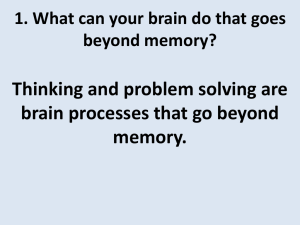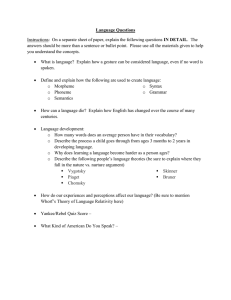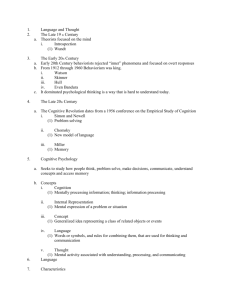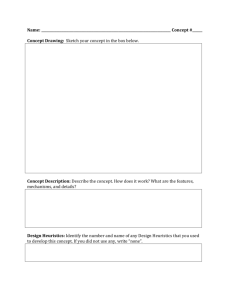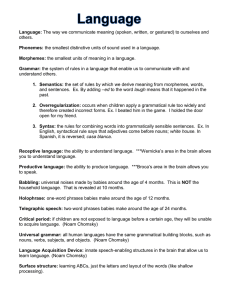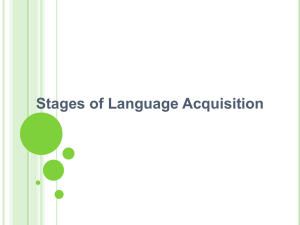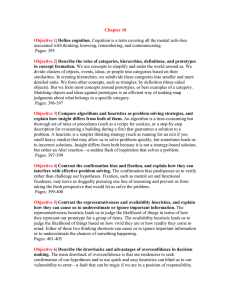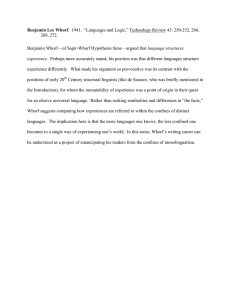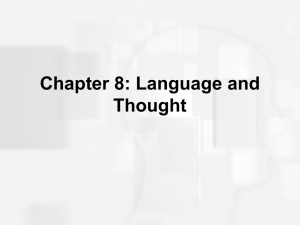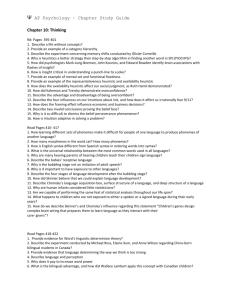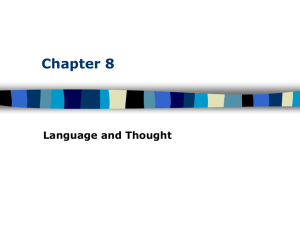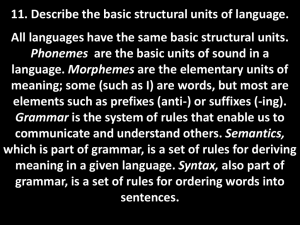File
advertisement
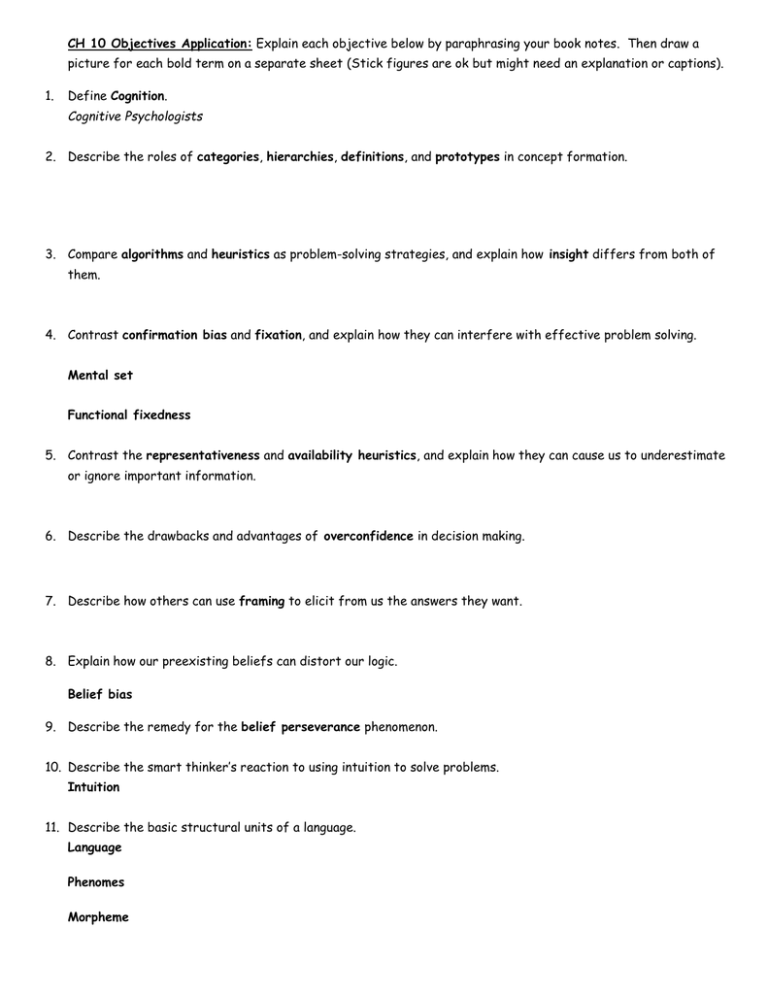
CH 10 Objectives Application: Explain each objective below by paraphrasing your book notes. Then draw a picture for each bold term on a separate sheet (Stick figures are ok but might need an explanation or captions). 1. Define Cognition. Cognitive Psychologists 2. Describe the roles of categories, hierarchies, definitions, and prototypes in concept formation. 3. Compare algorithms and heuristics as problem-solving strategies, and explain how insight differs from both of them. 4. Contrast confirmation bias and fixation, and explain how they can interfere with effective problem solving. Mental set Functional fixedness 5. Contrast the representativeness and availability heuristics, and explain how they can cause us to underestimate or ignore important information. 6. Describe the drawbacks and advantages of overconfidence in decision making. 7. Describe how others can use framing to elicit from us the answers they want. 8. Explain how our preexisting beliefs can distort our logic. Belief bias 9. Describe the remedy for the belief perseverance phenomenon. 10. Describe the smart thinker’s reaction to using intuition to solve problems. Intuition 11. Describe the basic structural units of a language. Language Phenomes Morpheme Grammar Semantics Syntax 12. Trace the course of language acquisition from the babbling stage through the two-word stage. Babbling stage One-word stage Two-word stage Telegraphic speech 13. Discuss Skinner’s and Chomsky’s contributions to the nature-nurture debate over how children acquire language, and explain why statistical learning and critical periods are important concepts in children’s language learning. Skinner (3 parts) Chomsky (overgeneralizing, universal grammar, language acquisition device) Statistical learning Critical Period 14. Summarize Whorf’s linguistic determinism hypothesis, and comment on its standing in contemporary psychology. Benjamin Whorf & linguistic determinism Bilingual advantage 15. Discuss the value of thinking in images Procedural memory Positive visualization (mental practice) 16. List five cognitive skills shared by the great apes and humans Wolfgang Kohler 17. Outline the arguments for and against the idea that animals and humans share the capacity for language. Critical period and chimps?
